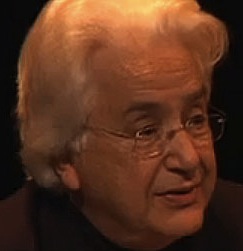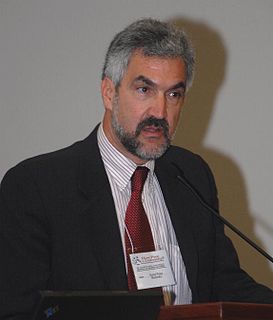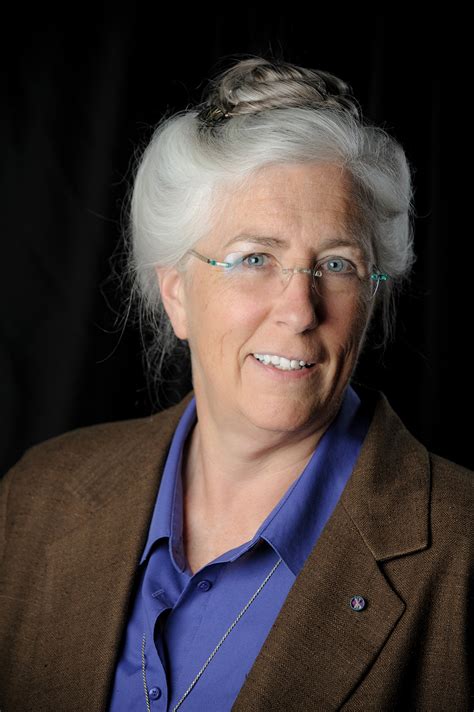A Quote by Mohammed Arkoun
...it is time [for Islam] to assume, along with all of the great cultural traditions, the modern risks of scientific knowledge.
Quote Topics
Related Quotes
I think the important thing to learn is that we can retain a sentimental loyalty to the cultural and literary traditions of, say, Judaism, Anglicanism or Islam, and even participate in religious rituals such as marriages and funerals, without buying into the supernatural beliefs that historically went along with those traditions. We can give up belief in God while not losing touch with a treasured heritage.
When I was growing up, we often heard Islam in the form of a slogan: "Islam is the solution," but no one ever told me that Islam can be a burden... Very few Muslims write about Islam creatively because I don't think we're given permission to. I think that's the bane of modern Islam. It's been reduced to slogans.
In India there was a sense of time that does not tick with modern clocks, just as there is a knowledge that is not gained through science and empirical experiments. In the modern West knowledge is of objective, finite particulars in historical time. India recognizes that kind of useful information: it calls it "lower knowledge." Higher knowledge (paravidya) proceeds differently, or rather it doesn't proceed at all but enters history full-blown on the morning of a new creation.
In mysticism, knowledge cannot be separated from a certain way of life which becomes its living manifestation. To acquire mystical knowledge means to undergo a transformation; one could even say that the knowledge is the transformation. Scientific knowledge, on the other hand, can often stay abstract and theoretical. Thus most of today’s physicists do not seem to realize the philosophical, cultural and spiritual implications of their theories.
The basic question that the 'new science' raises for our balance sheet is the issue of what scientific questions have not been asked for 500 years, which scientific risks have not been pursued. It raises the question of who has decided what scientific risks were worth taking, and what have been the consequences in terms of the power structures of the world.
Most historians accept that Egypt was a cradle of civilization, and that many cultural idioms and traditions come from there. What has yet to be understood, however, is the manner in which Egypt inherited its cultural elements from the lands of the North-West. This fact is not known today because of the threat it poses to Rome and London, the Vatican and Crown, and to all those who have profited from the suppression of knowledge.
The resolution of revolutions is selection by conflict within the scientific community of the fittest way to practice future science. The net result of a sequence of such revolutionary selections, separated by periods of normal research, is the wonderfully adapted set of instruments we call modern scientific knowledge.
































